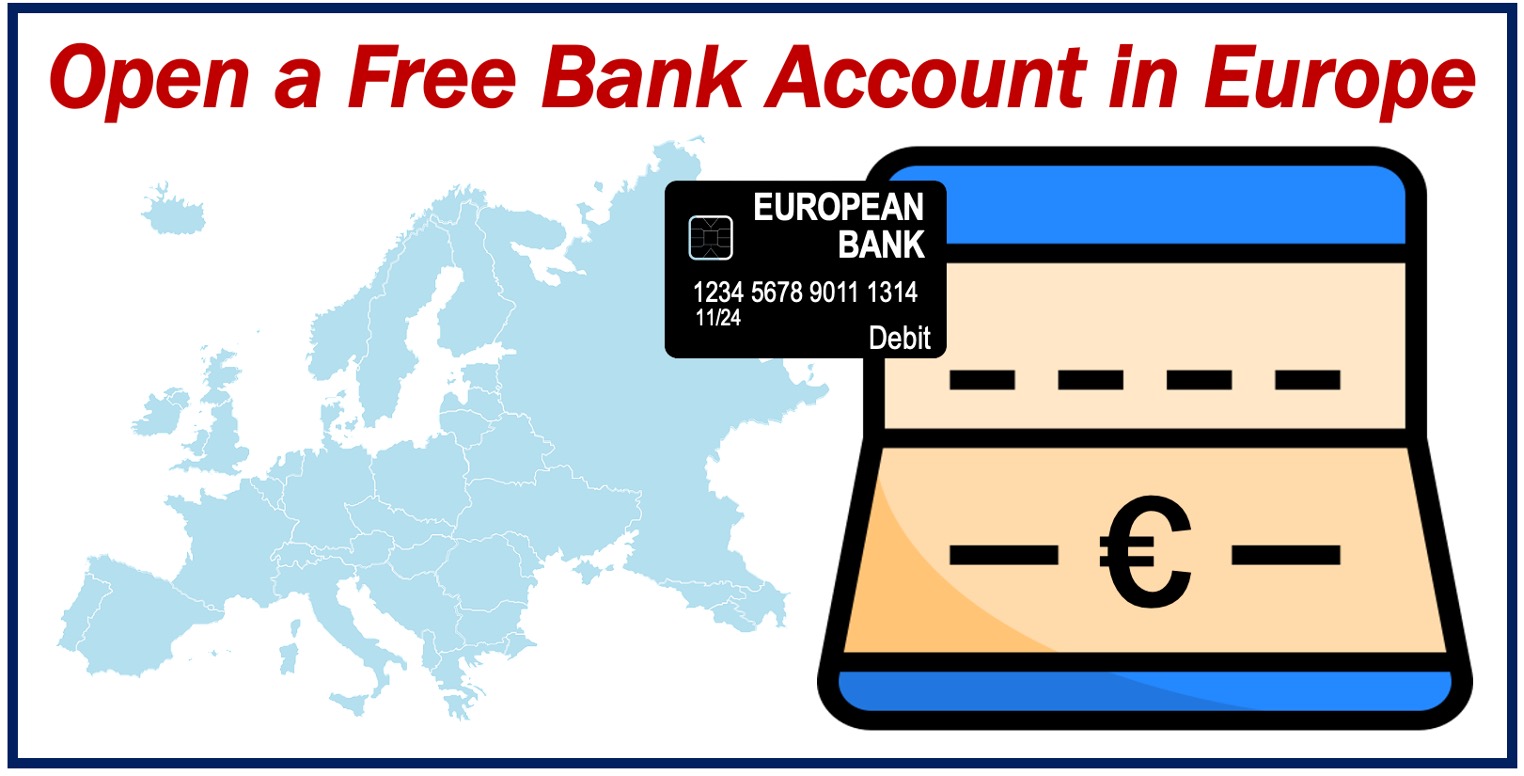More people than ever are interested in moving to Europe, and that often starts with opening their first free personal bank account there. Online-only banking is becoming more popular these days, but if you got that route, make sure you select a provider who offers all the in-app or online services you need.

Blackcatcard is a great example of this type of online-only financial admin service, but there are many others.
Am I eligible to open a debit account in Europe?
If you are over 18 and have a few forms of valid ID, you probably are. Some European countries, such as Slovenia, even allow tourists to open accounts there, without having any kind of Slovenian or European residency. There are several countries with regulations like this, making Europe a great place to get a free personal bank account for many reasons.
What do I need to open a free personal bank account in Europe?
The precise requirements vary from bank to bank. However, you’ll generally need:
- A valid National ID or Passport
- Proof of address in any EU member nation (this can be a rental contract, a utility bill, etc)
- Proof of employment or enrolment is a recognised school
Note that some banks have lesser requirements for s debit account than for an account that includes a form of credit.
How do I open a free personal bank account in Europe? Can I do it entirely online?
Again, the process can vary. Each EU country has slightly different regulations, and you’ll find that many financial institutions mirror the requirements of their headquartered country.
Note that if you want a traditional bank account, you will probably have to attend a local branch of the bank in person.
This is one more reason so many people take advantage of online-only account providers like Blackcatcard. They, like many online services, allow you to open an account remotely, from anywhere with a Wi-Fi or mobile data connection. Just have your passport/ID and residency documentations to hand – you’ll still need to prove who you are, after all.
Interesting related article:

